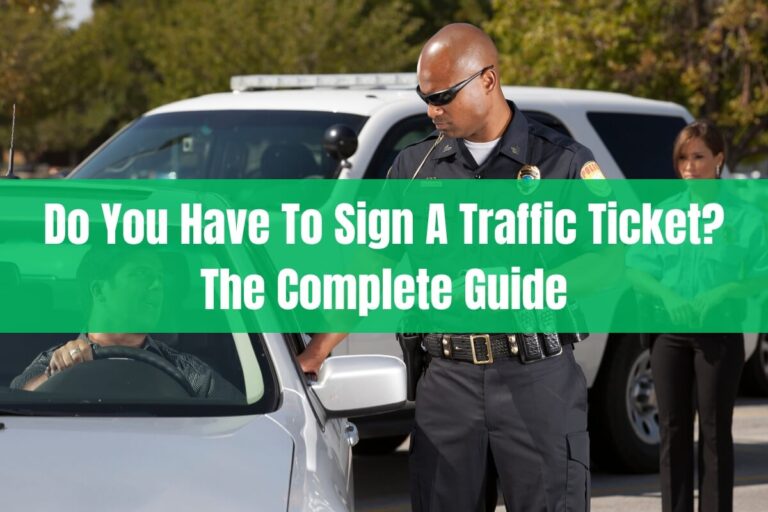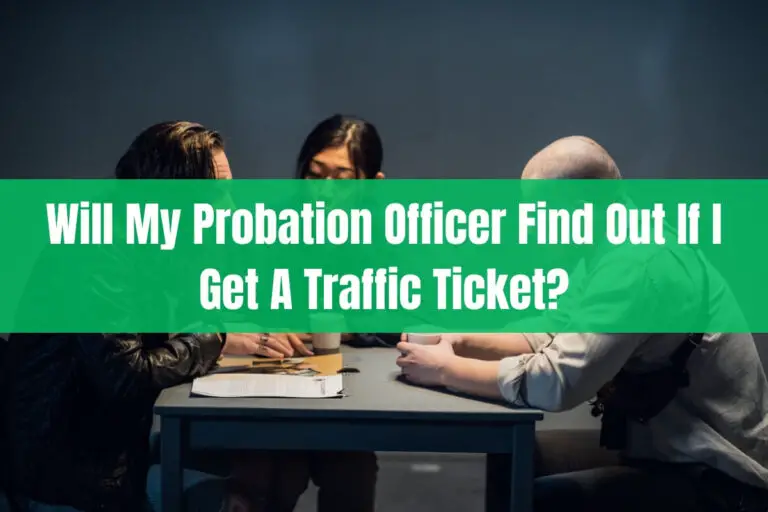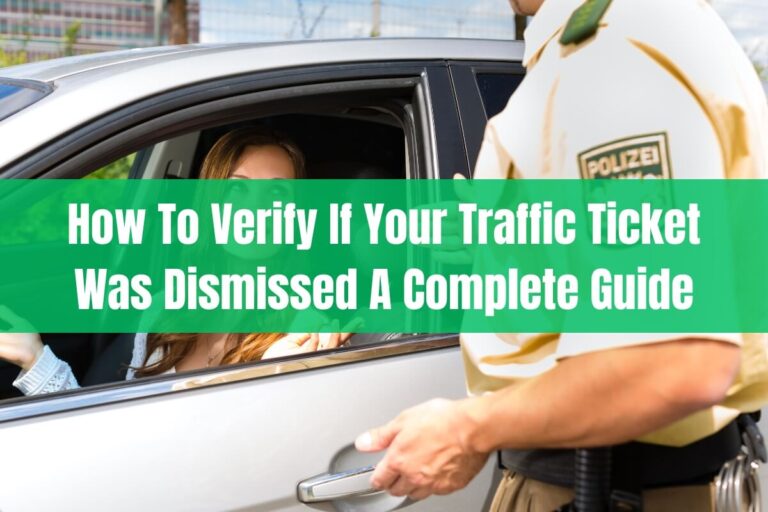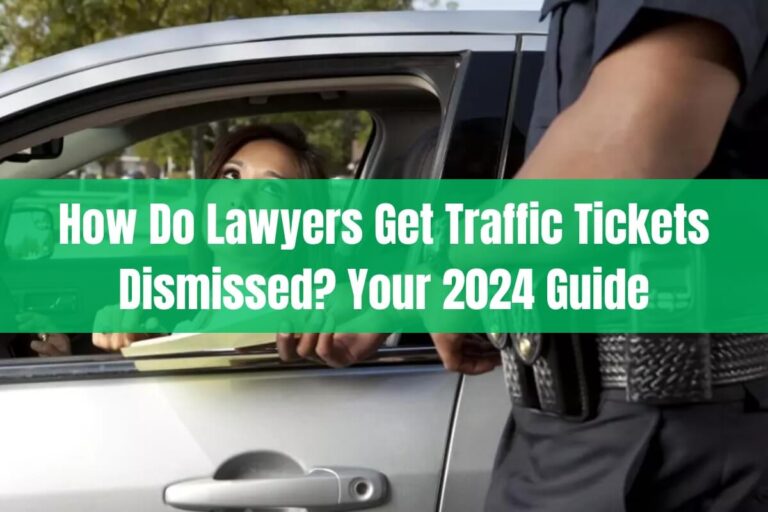
Getting pulled over and arrested because you have a warrant out for an unpaid traffic ticket is scary. But what exactly is a bench warrant, and what should you do if you get one? This guide covers everything to know, from what a bench warrant is to how traffic ticket lawyers can help resolve it.
A bench warrant is a court order issued by a judge for your arrest. It’s typically issued if you fail to appear in court or pay fines related to a traffic citation. Judges issue warrants to compel people to come to court and face charges.
Bench warrants can happen over both civil infractions like speeding tickets and more serious criminal traffic violations. But the stakes tend to be higher with criminal offenses. Getting arrested on a warrant can mean fines, jail time, suspended license, and a damaging criminal record.
So if you missed a court date or didn’t pay a traffic ticket, now is the time to act. Read on to understand bench warrants, consequences of missing court, and your options to clear things up.
What is a Bench Warrant and Why is it Issued for Traffic Tickets
A bench warrant, or arrest warrant, is a court order signed by a judge directing police to arrest you and bring you to court. Judges issue warrants when people defy court orders. With traffic tickets, the most common reasons for a warrant are:
- Failing to appear for a scheduled court date – Your traffic citation should list a court date for you to address the ticket. If you don’t show up, the judge may issue an immediate arrest warrant from the bench.
- Not paying traffic ticket fines on time – If you don’t pay or contest your ticket by the deadline, you’ll get ordered to appear in court on a specific date. Ignoring this summons can also lead to a warrant.
- Disobeying terms of probation – The judge may have let you off with traffic ticket probation, but violating probation terms can trigger a warrant too.
Judges issue bench warrants over both civil infractions, like speeding or illegal parking tickets, and misdemeanor or felony traffic crimes. But criminal traffic offenses, like driving on a suspended license, reckless driving, or DUI, are considered more serious with harsher punishment. Judges almost always issue warrants for failure to appear on criminal traffic violations.
It’s also important to note that ignoring your ticket or missing court doesn’t make the ticket just go away. The court still expects you to pay or contest the citation. And unlike some other types of warrants, bench warrants over traffic tickets generally don’t expire. That’s why resolving your ticket early is crucial.
Consequences of Having an Outstanding Traffic Warrant
Once there’s an outstanding warrant for your arrest in the system, consequences pile up fast. Police enter warrant information into statewide criminal databases, so officers anywhere can detain you based on the court order. Having a bench warrant means you could get pulled over for a busted tail light and end up handcuffed and behind bars.
Specific consequences of having a warrant include:
- Getting arrested at any time – Police can arrest you whenever they find you during traffic stops or other encounters. And they can take you to jail until you see a judge.
- Additional fines and fees – On top of your original traffic ticket fine, you’ll now owe failure to appear fees, usually $300+, warrant fees, booking fees, and more.
- Jail time – Judges can order jail on top of fines for disobeying a court order. Time served depends on the offense.
- Suspended driver’s license – The court may suspend your license either until you pay up or for a set time period.
- Permanent criminal record – Having an outstanding warrant or getting arrested can create a criminal history even if the traffic offense was originally civil.
With so much at stake legally and financially, it’s critical to take action fast if you have a warrant or realize you missed responding to a ticket properly. The sooner you get legal help, the better your chances of avoiding harsh penalties.
Your Options If You Missed Court or Didn’t Pay a Traffic Ticket Fine
Finding out you have a traffic ticket warrant is unsettling. Your mind races about whether police will show up any minute to haul you off to jail. But in reality, very few people with warrants get arrested through active, dedicated police searches.
You generally have some time to address the matter yourself through the court. The ideal approach is to hire a traffic ticket attorney right away if you:
- Missed your court date
- Didn’t pay ticket fines by the deadline
- Realize there may be an old outstanding ticket you ignored
An experienced traffic lawyer has several options to help prevent or lift a warrant:
- Request a new court date – Your attorney can contact the court to get a new hearing set to review your ticket case. This puts a hold on police enforcing the warrant.
- Negotiate fines and punishment – Based on your offense and history, your lawyer may persuade the judge to reduce fines or sentences.
- Plead special circumstances – Life issues like hospitalization, homelessness, or childcare emergencies may convince the court to show leniency.
- Ask for warrant recall – If arrested, your attorney can petition for warrant recall and bail while disputing the ticket violation itself.
With an attorney’s counsel, many drivers avoid getting locked up and walk away with minimized fines and record impacts.
How to Clear up a Bench Warrant for a Traffic Ticket
If there’s already an active warrant out for you over a traffic citation, taking action to clear it up is imperative. Every day the warrant sits open is another chance for officers to arrest you without notice.
Here are steps for clearing up an outstanding traffic warrant:
Voluntarily Appear Before Judge
The best approach is to voluntarily surrender at the court that issued the warrant instead of waiting for police to grab you. By showing up willingly, you demonstrate recognizing your responsibility.
You’ll go before the judge who ordered the warrant, and they decide whether to:
- Release you
- Set bail terms and a future court date
- Keep you in custody until your case gets handled
Voluntary surrender doesn’t guarantee you won’t spend time in jail. But it opens the door to negotiate more favorable outcomes versus getting involuntarily arrested later.
Explain Failure to Appear to the Judge
When you finally stand before the judge, be prepared to explain why you missed your previous court date or didn’t pay fines on time. Reasons like:
- Never receiving the ticket or court notice in the mail
- Forgetting the date
- Mixing up court times
- Being hospitalized
Won’t make the warrant instantly vanish. But giving sincere, compelling reasons can help persuade the judge to withdraw the warrant. Bring evidence too, like doctor’s notes.
Judges get annoyed by suspects who skip court with no good excuse. So taking ownership of your failure to appear and apologizing to the court can go a long way if you made an honest mistake.
Request Fines and Fees Reduction
When you plead your case to the judge, don’t just ask to make the warrant go away. Be proactive in wrapping up your whole traffic citation case there.
If you couldn’t pay the original ticket fine, tell the judge and provide financial evidence like pay stubs or public assistance letters. Ask for fine reduction or community service instead of payment.
For failure to appear fees tacked on, politely request those get waived since you came to court voluntarily to clear things up. Even if the judge refuses, you can negotiate a manageable payment plan.
Getting fines lowered or dismissed helps prevent further issues down the road.
Protect Your Rights by Hiring a Traffic Warrant Attorney
Trying to handle an outstanding traffic warrant alone rarely goes well, even if you voluntarily surrender. When you show up unrepresented, you enter the lion’s den with a judge already biased by your failures to comply.
This is why hiring a traffic ticket lawyer experienced with warrants is critical for the best chances of avoiding arrest and minimizing penalties. An attorney can advocate for you in court and legally compel the judge to hear you out.
Benefits a lawyer brings to traffic warrant cases include:
- Negotiating bail or bond – If you get taken into custody, your attorney can often negotiate your release until your next court date. This saves you sitting in jail for weeks.
- Crafting strategic defenses – Lawyers leverage their expertise to argue for warrant withdrawal, fee reductions, and even ticket dismissal.
- Protecting your rights – Police and judges sometimes overstep boundaries or make procedural mistakes an attorney can call out.
- Avoiding convictions – Convictions create lasting criminal records and points on your license. An attorney fights for lesser or no convictions.
While hiring a lawyer does cost money, avoiding fines, jail time and criminal records saves much frustration and deeper long-term impacts.
Most traffic attorneys offer free case consultations as well. There you can get professional advice on your situation at no risk or obligation.
Don’t Wait – Get Legal Help Fast for Traffic Warrants
Discovering you have an open traffic ticket warrant is stressful. Natural reactions are to panic, hide, or pretend it doesn’t exist. But ignoring bench warrants only gives police more chances to arrest you out of the blue. And the further consequences pile up over time.
Your best move legally and financially is to connect with an experienced traffic ticket lawyer right away. An attorney can take fast action to get warrants cleared and work towards the best resolution with the court. This gives you confidence to go about life normally without looking over your shoulder.
Don’t hesitate to ask for help – contact a qualified traffic lawyer to discuss your case in a free consultation. Taking control now is the smart way to put the warrant behind you for good.




